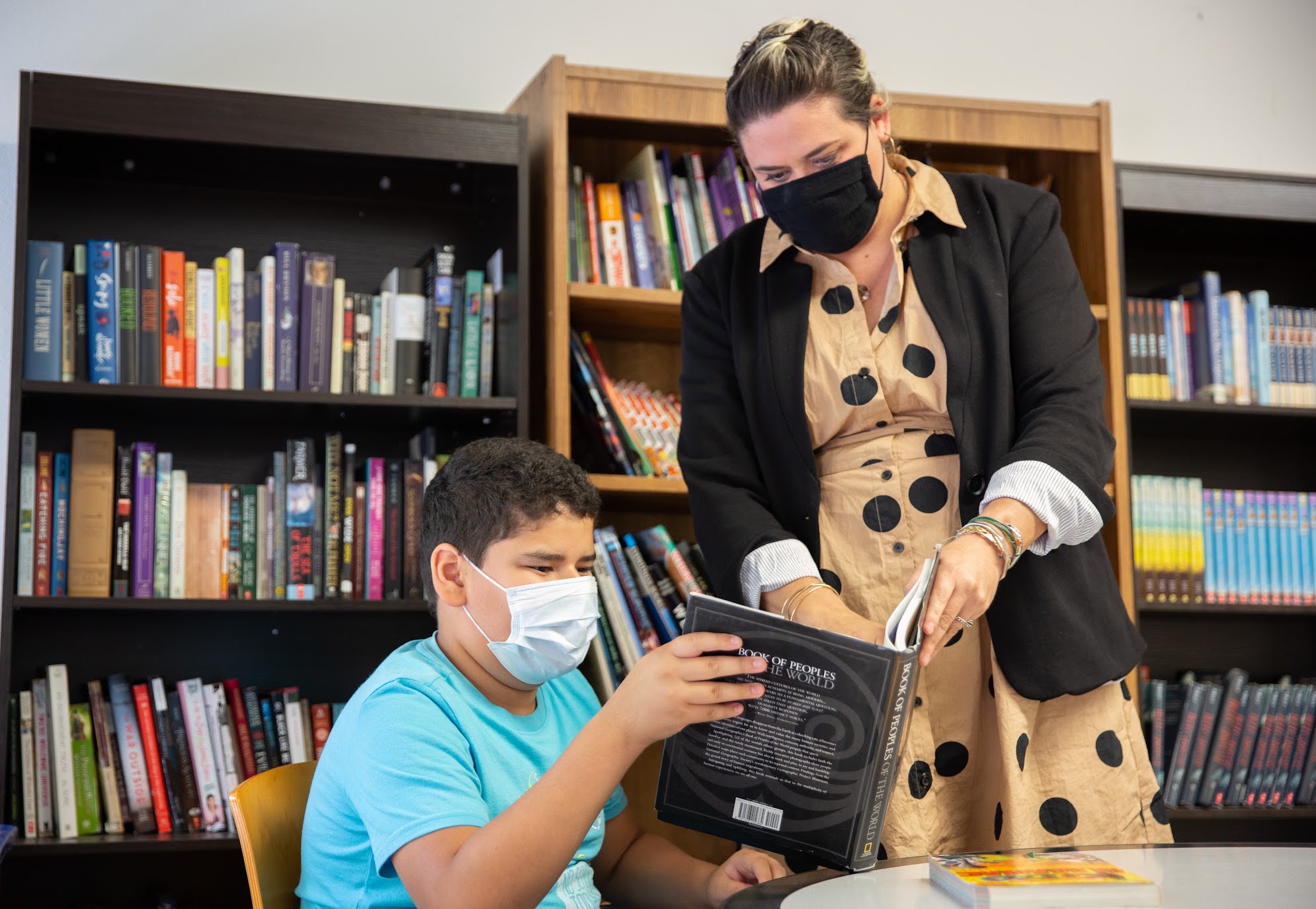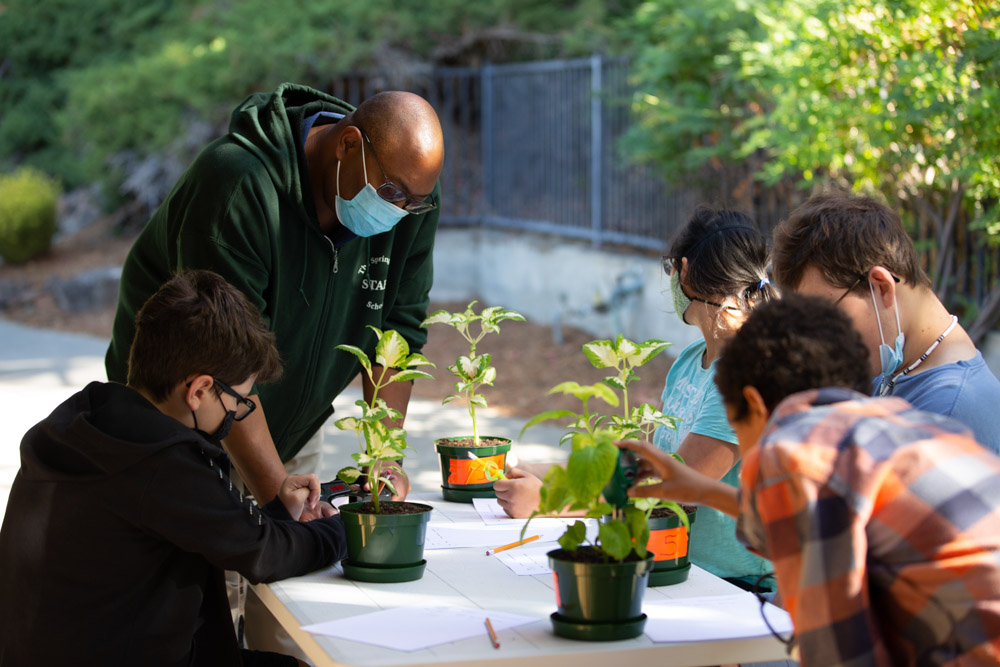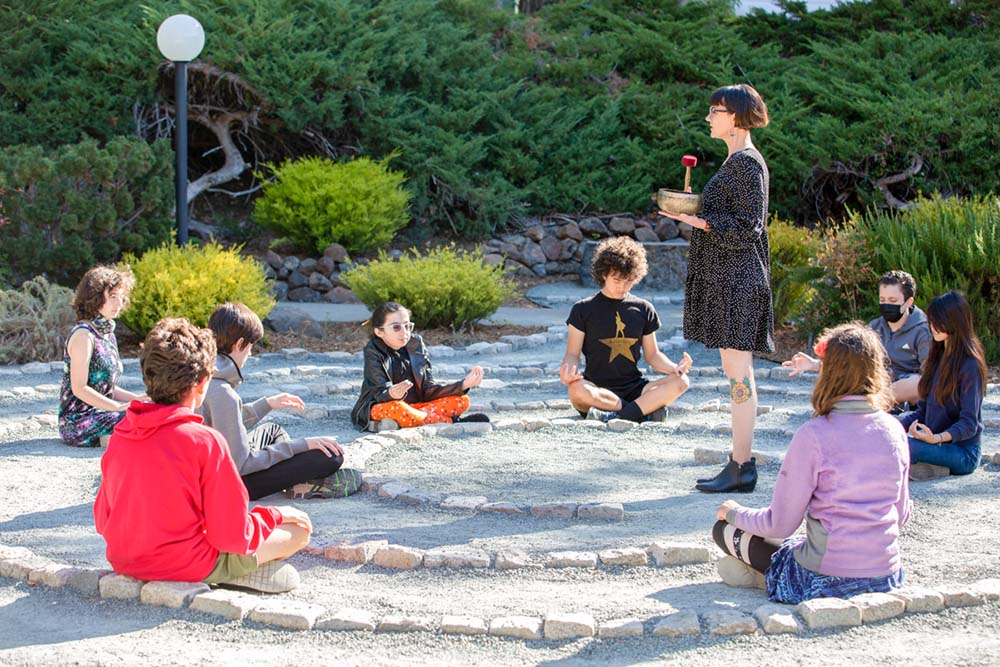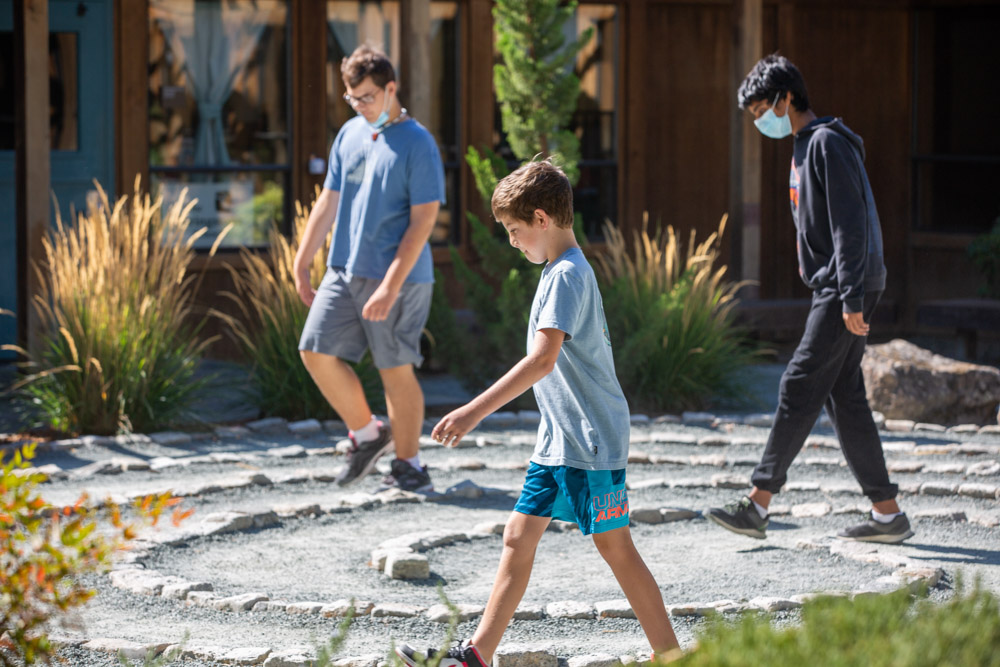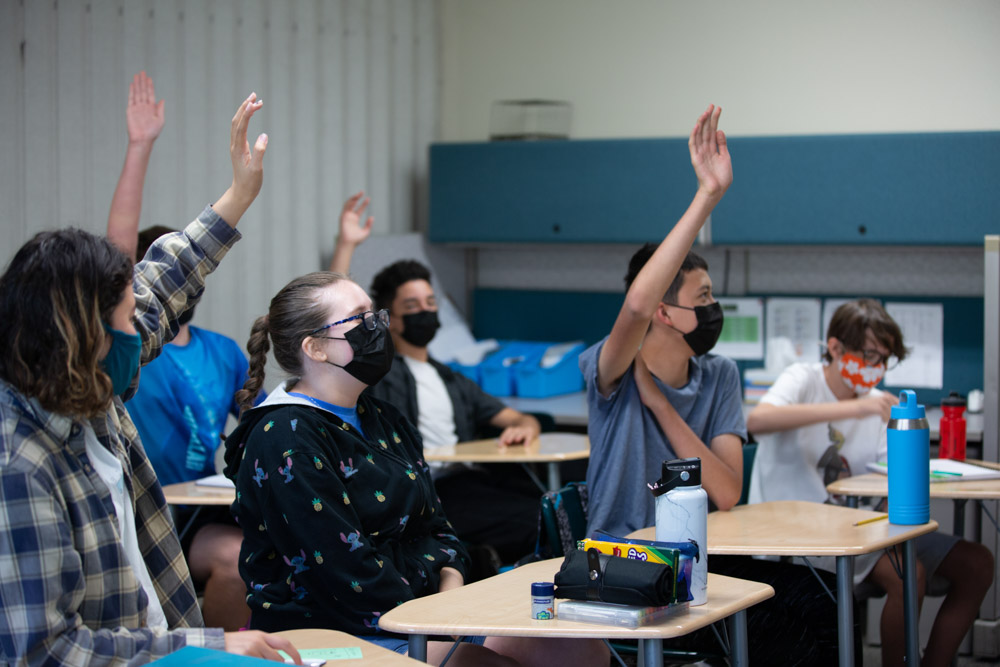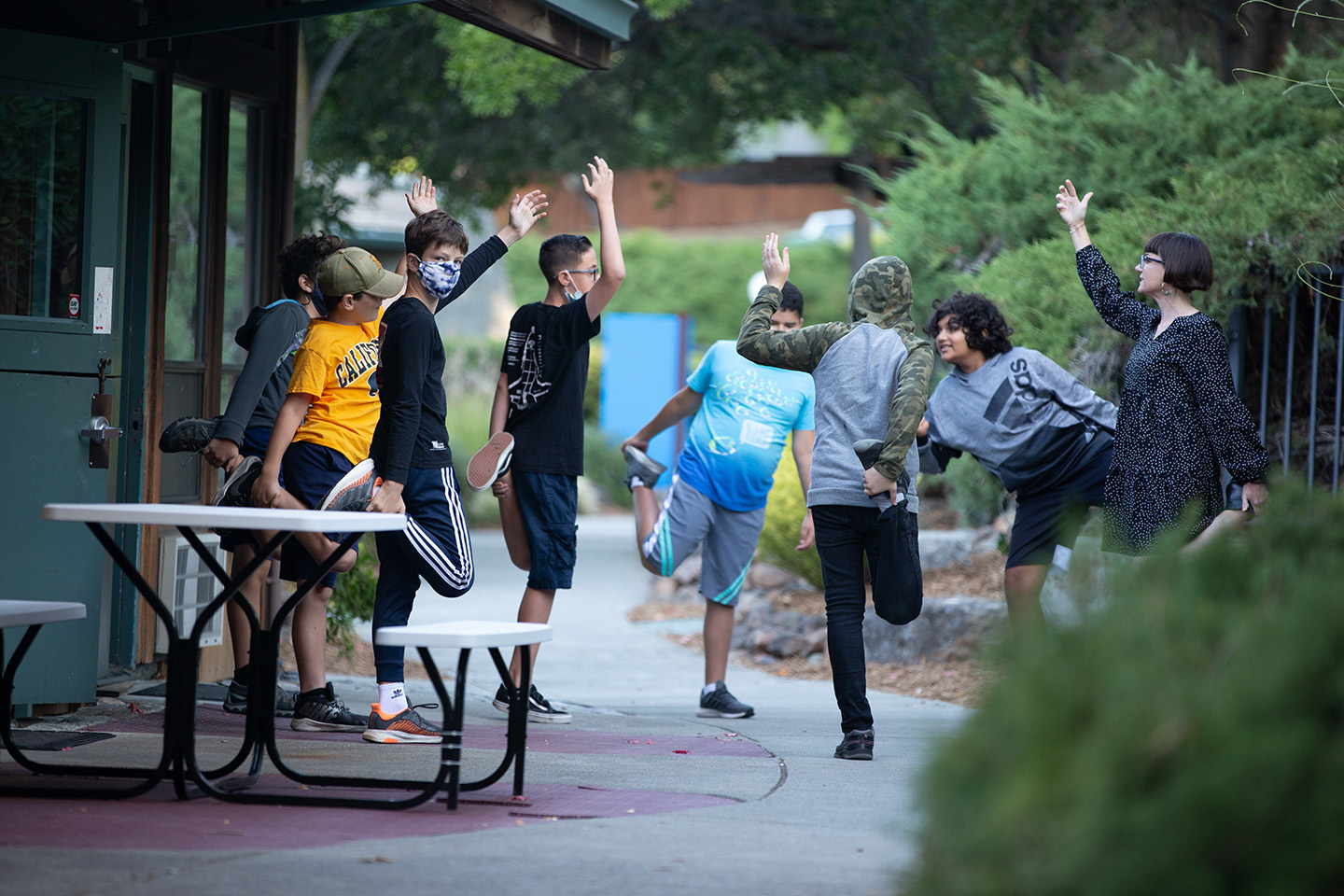Academics
Occupational Therapy
Pragmatic Language
Summer
ACCESS
Our Academics
Springstone students learn organizational and planning skills within the context of a rigorous middle school and high school curriculum that follows the framework of the California Common Core standards.
Small, self-contained, structured classrooms (a maximum of eight students per class) allow for individualized instruction, collaboration, discussion, and conversation within multiple modalities. We use a wide variety of written materials including textbooks, journal articles, and online sources. Students are each assigned a Mac Book or Chrome Book in order to have access to electronic media such as videos, music, interactive websites, and the Acellus online learning curriculum.
Springstone emphasizes the use of technology as an educational tool. Classrooms are equipped with laptop computers, computer projectors, wireless internet, document readers, and access to a shared network. Our students use laptop computers for concept-mapping and written activities. A shared network allows students to store and retrieve documents in folders that are organized by grade and class.
In our middle school, Springstone provides the essential scaffolding that students with executive function challenges require to become successful. Every class focuses on both written and oral communication, saliency determination, and inferential thinking.
In high school, students are challenged to think critically, to develop complexity and clarity in their communication, and to marshal their skills to solve complex problems.
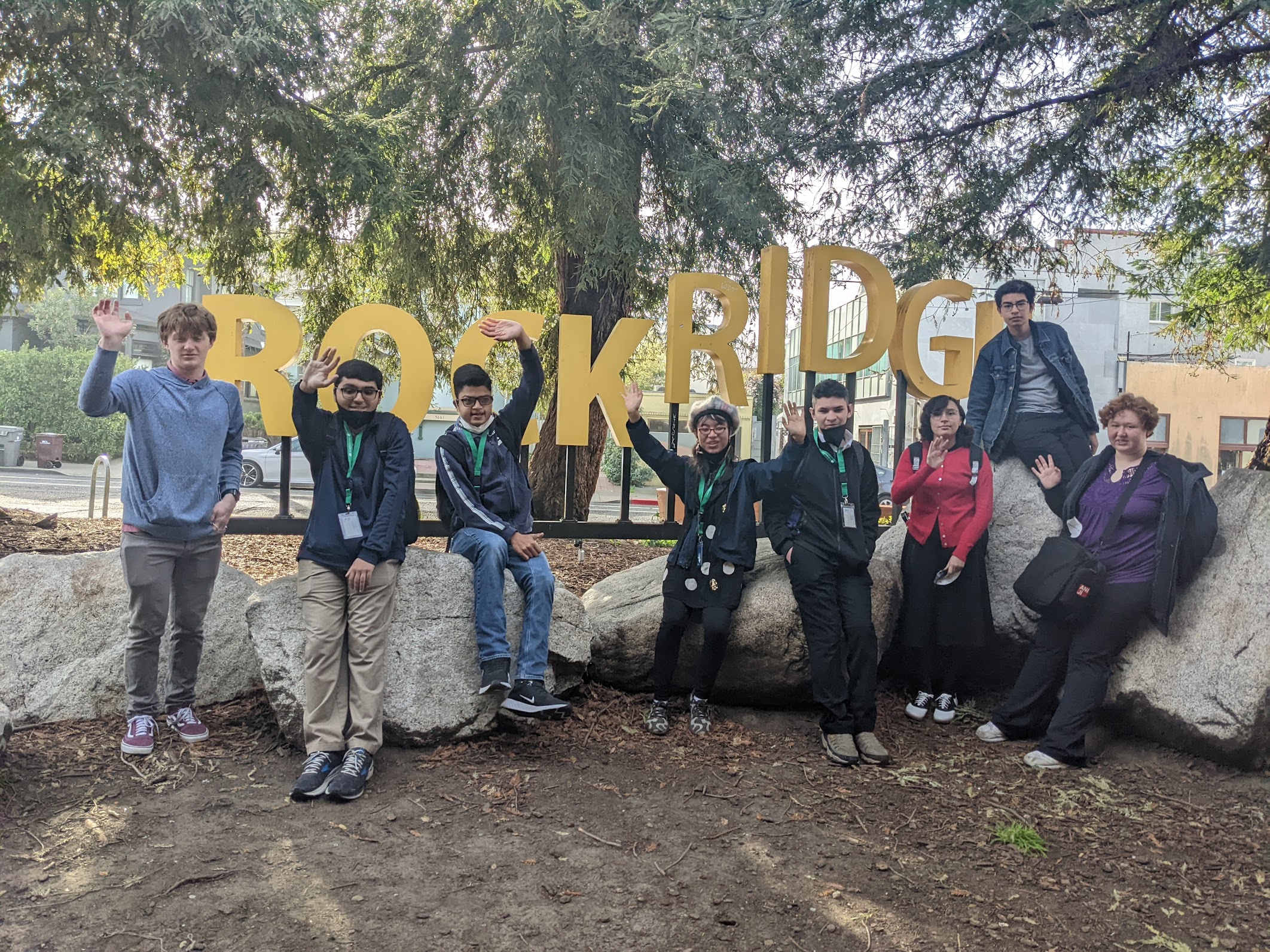
ACCESS
Springstone integrates academic and social-emotional learning into every aspect of the school day. Students practice and acquire pragmatic language and social skills during academic and elective classes, during a dedicated social skills class, and during experiential activities.
On Wednesdays, students in grades six through eight participate in experiential activities where they practice and use life skills.
Our school year is divided into quarters and each quarter focuses on a theme. We have identified four themes that are representative of our students’ greatest challenge areas: transitions, perspectives, culture and community, and the relationship between independence and dependence. These themes are also reinforced during classroom instruction.
Students in grades nine through twelve participate in experiential activities in week-long blocks, five times per year. Our intention is to increase exposure to various life experiences and challenge students in these areas to build confidence so that students feel ready to meet future challenges.
We have the following goals for all our students:
Appreciate the Diversity
of various cultures and communities;
Identify and Articulate
the perspectives of self and others;
Develop skills
necessary to become responsible, flexible, and resilient;
Acquire skills
necessary to move effectively through the community;
Understand
The Relationship between independence and dependence.
The Springstone School challenges students and families to think about what life will be like after school ends and our students have become adults. Access provides our students with the skills to build relationships in the community, to self-advocate, and to be self-determinate.
Springstone’s Access Program is included as part of our tuition. In Addition, the Access Program is funded through grants and donations. Read here to find out how you can help.
Occupational Therapy
Occupational Therapy (OT) strategies are an integral part of a student’s day at Springstone. Each student’s preferences, strengths, and needs are evaluated on an ongoing basis. Students are then provided a sensory menu to use during their day. These “menus” are modified throughout the year to incorporate new tools and adjust to student’s needs. Transition breaks between classes are a structured time when students use OT strategies. In addition the OT tools are available within the classroom for students to use during class.
Read MorePragmatic Language
Springstone integrates academic and social-emotional learning into every aspect of the school day. Springstone defines pragmatic language as the presentation of communication in a socially fluid manner. Students practice and acquire pragmatic language and social skills during academic and elective classes, during a dedicated social skills class and during experiential activities in our Access Program.
Through repetition, modeling, and counseling, our students grow into adults able to move through their community with greater social fluidity.
Summer
The Springstone School runs a 4-week summer program, typically in July. The program is designed to maintain the academic and social gains our students have made over the course of the regular school year. For new students summer provides the opportunity to learn our routines, meet new students and faculty, and adopt our unique campus culture.
Typically there is an academic session and an experiential learning session that incorporates many of the social learning themes from our Access Program. Past sessions have included detective fiction, paper-making, man versus wild, and volunteer work.

